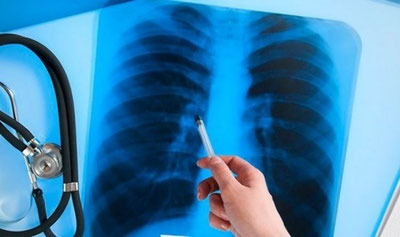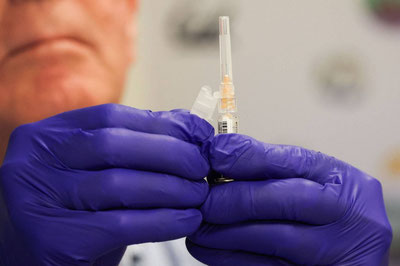It is known that from today until May 16, the temperature in most parts of our country is expected to reach 42–43°C.
Extreme heat not only causes discomfort but also poses a serious risk to human health. In such weather conditions, the body's thermoregulation system is under a lot of stress, which can lead to the exacerbation of existing chronic diseases or the emergence of heat-related illnesses, including general weakness due to the heat and potentially life-threatening heat strokes.
High temperatures, especially, have a negative impact on the cardiovascular system, accelerating heart rate and possibly increasing blood pressure. The body's effort to maintain its normal temperature leads to profuse sweating, which increases the risk of dehydration.
So, what precautions should be taken?
Abduqayum To’xtaqulov, the head of the Department of Ecological Diplomacy at the Ministry of Health, provided a detailed answer to this question.
— During the scorching days, it is recommended to stay indoors or in cool places during the hottest hours of the day — from 12:00 to 16:00, — says the expert. — At this time, the sun's rays are the strongest, and the risk of overheating and sunstroke is high. If it is necessary to go outside, walking in shaded areas, using an umbrella, and scheduling activities for cooler times of the day — early morning or evening is advised.
Also, maintaining coolness at home is important. For example, keep the windows on the sunny side closed during the day, ventilate the rooms by opening windows when the air cools down at night, and limit the use of domestic appliances that generate heat, such as ovens, washing machines, and dryers, especially during the hottest times of the day.
Choosing the right clothing is also vital during the heatwave. It is recommended to wear light, loosely fitting clothes made of natural fabrics (cotton, silk). Avoid clothes made from synthetic materials. Opting for light-colored garments is sensible, as they reflect sunlight better.
When going outside, it is necessary to wear wide-brimmed hats and sunglasses. Protecting the head from the sun is crucial because overheating of the brain can quickly lead to heatstroke.
Taking frequent cool showers or baths throughout the day helps reduce body temperature. Regular washing facilitates effective skin breathing. However, avoid using very cold water as the sudden change in temperature can stress the body and even lead to pneumonia. Room-temperature or slightly cooler water is the best option.
Applying a wet towel or cloth to the skin, especially on the head and neck areas, is also an effective way to cool down the body.
Moreover, engaging in strenuous physical work or sports in the heat significantly increases the risk of dehydration, heat exhaustion, and sunstroke. Such conditions increase the load on the cardiovascular system, which can lead to heart attack or stroke in individuals who are not well-prepared.
If possible, engaging in sports in air-conditioned indoor facilities is preferred. During workouts, listening to your body, taking frequent breaks, and consuming enough fluids are essential. If symptoms such as dizziness, nausea, or extreme weakness occur, it is critical to stop the activity immediately.
Individuals with chronic conditions (hypertension, heart diseases, obesity) should consult with a doctor before engaging in physical activities in hot weather.






